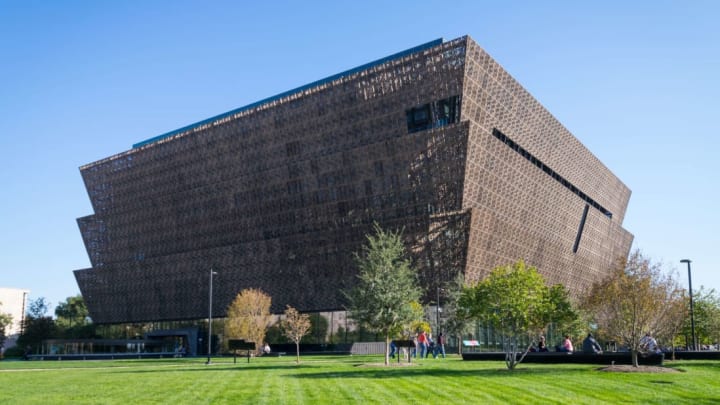Last month, the Smithsonian Institution’s National Museum of African American History and Culture (NMAAHC) launched “Voices Of Resistance And Hope,” a web portal where members of Black communities can share their experiences of life during the coronavirus pandemic and the Black Lives Matter movement.
As Travel + Leisure reports, those experiences can be in just about any format you want. First-hand accounts, personal stories, essays, poems, and observations are all mentioned on the portal as possible submissions, but you’re not confined to the written word; image and video files are accepted, too, so you can also send in photos or footage taken during protests, for example, or even original music and digital artwork inspired by this moment in America's history. Your content must have a title and a category designation—COVID-19, quarantine, self-reflection, or social unrest—but you’re allowed to enter your name as “Anonymous” and decide whether the museum can contact you about your submission.
“Your personal expressions can help to create shared experiences with others in the nation and reinforce what so many of us are longing for during these turbulent times—an opportunity to celebrate the American values of resiliency, optimism, and spirituality,” the portal reads.
The campaign is hosted by the NMAAHC’s Robert F. Smith Fund Community Curation Platform, an online landing site where you can explore all the submissions. There are vintage family photos, journal entries about people’s personal experiences at protest marches, and even a letter that The Quaker Oats Company sent to a student who reached out about their controversial Aunt Jemima logo … in 1968.
You can submit your own content here, and view the collection here.
[h/t Travel + Leisure]
